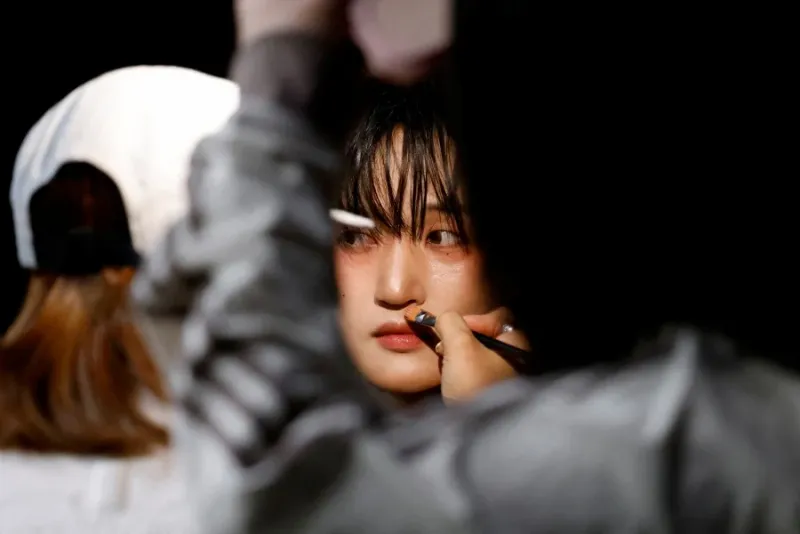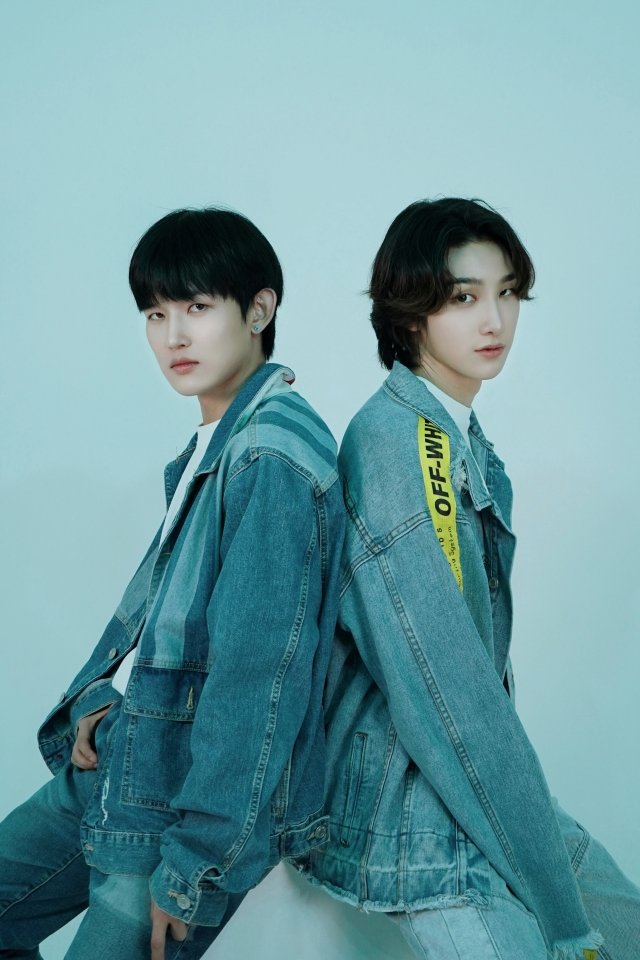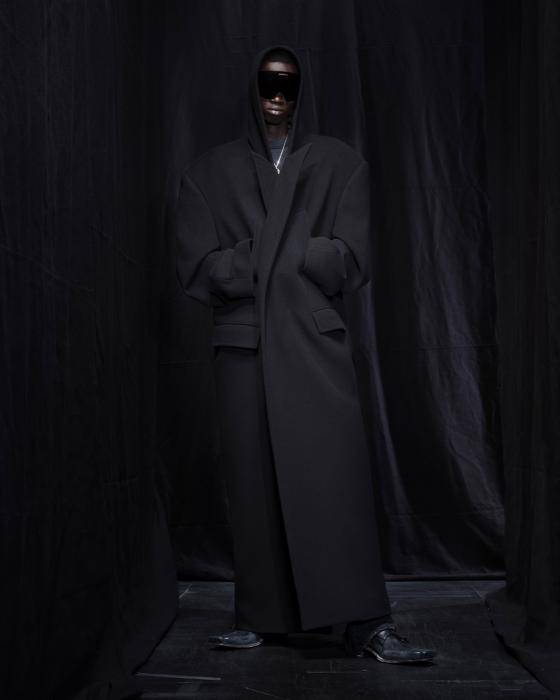In the dazzling world of K-pop, where perfection is rehearsed, image is engineered, and global superstardom feels almost formulaic, two young men from one of the world’s most isolated nations are attempting the unthinkable. North Korean defectors, once hidden in the shadows of their past, now stand at the edge of South Korea’s most glamorous stage, hoping to lead a new boy band to international fame. However, their story is not just about music. It’s about freedom, identity, and the human spirit’s refusal to be silenced.
Defection from North Korea isn’t just an escape; it’s a gamble against death. Every step away from the regime is fraught with risks that most people can’t fathom. And yet, in a world where survival alone would have been enough, these two defectors chose to dream. They didn’t just cross physical borders; they crossed mental and emotional ones, stepping into a world that worships youth, beauty, and flawless choreography.

Related article - Uphorial Podcast

Their arrival in South Korea’s entertainment industry was met with curiosity, skepticism, and silent hope. Could two young men from a nation where pop music is banned find a voice in the very industry their homeland demonizes? Could they reinvent themselves not as defectors, but as idols? In their faces, you see more than determination; you see the weight of two worlds. Their new K-pop boy band isn’t just a musical project; it’s an act of defiance. Each song, each performance, is a reminder that they survived a country designed to suppress individuality and now stand in a space that thrives on it. Their training wasn’t easy. Unlike their peers, who had years of dance schools and vocal training behind them, these two carried only resilience. They had to learn everything from scratch, the way to hold a mic, the way to smile for cameras, the nuance of fan service. Every dance move wasn’t just practice; it was a rehearsal for a new life.
And yet, what they bring to the stage is something no typical idol could replicate: authenticity. Their story connects not because of polished vocals or flawless moves, but because of their raw humanity. Fans aren’t just watching potential idols rise; they’re watching real people heal. Of course, the industry isn’t without its politics. In South Korea’s hyper-competitive K-pop scene, every trainee is replaceable, every boy band just another debut away from obscurity. For these two defectors, their unique backstory is both a strength and a vulnerability. Industry executives understand the PR power of their narrative, but are also wary. Will audiences embrace them beyond the novelty of their origin? Or will their past overshadow their music forever?
For now, the answer isn’t clear. But what is clear is the power of their story. When they sing about freedom, it’s not metaphorical. When they move on stage, it’s not just choreography, it’s a celebration of survival. Their presence in the K-pop industry challenges perceptions not just about North Korean defectors, but about what it means to dream in a world that once told you dreaming was dangerous. Perhaps that’s the heart of their journey. Not chasing fame for fame’s sake, but chasing the simple human desire to be seen, heard, and loved, not as political symbols, not as survivors, but as artists. Their battle isn’t just for stardom. It’s for identity. For a life rewritten on their terms. And in every lyric, every beat, every carefully rehearsed smile, they inch closer to a future that once seemed impossible. A future where two boys from the North might just teach the South, and the world, what freedom truly sounds like.



